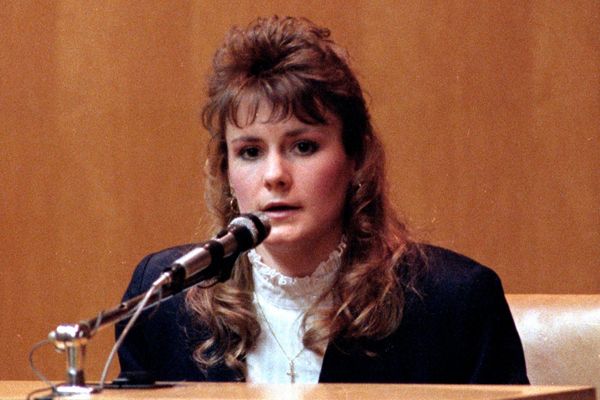
Hopes are rising of a breakthrough in the junior doctors dispute after their leaders held several hours of talks with the health secretary, Steve Barclay.
Sources said the two sides were making some progress in a renewed effort to try to settle a bitter row over pay that has led to junior doctors staging two very disruptive strikes.
Representatives of the British Medical Association’s junior doctors committee (JDC) met Barclay on Tuesday afternoon for two hours, soon after he had attended a meeting at which the NHS staff council voted by a majority to accept an improved pay offer for this year and the last one for more than 1 million frontline NHS personnel in England.
However, two major health unions – the Royal College of Nursing and Unite – plan to continue their respective campaigns of industrial action to try to force Barclay to give them more.
Junior doctors in England want a 35% pay rise to make up for what they estimate to be a 26% cut in their real-terms income since 2008-09. They have staged two stoppages so far in pursuit of their goal of “full pay restoration”, forcing hospitals to postpone several hundred thousand outpatient appointments and operations.
Barclay has described their claim as unrealistic and unreasonable. He has accused them of adopting “a militant stance” and of deliberately maximising the disruption they cause to the NHS by holding their last strike at a time when many senior doctors were on leave and so unable to cover their shifts.
It is understood that while the gap between Barclay and the BMA over what size of pay increase junior doctors should receive is still wide, both are keen to explore ways of ending the dispute.
They plan to meet again, and it is thought that the BMA will not announce any further strikes while talks continue, as both sides do their utmost to try to reach a resolution.
A source close to the talks said: “The mood music between the two sides is certainly getting better. The fact that they have been talking today is positive. Both sides are consciously trying to change the tone [of their public statements about their dispute] and get some momentum going. However, there’s still a big gap between them to bridge.”
The Guardian has been told that the JDC had been ready to announce details of a third strike if the meeting with Barclay and government negotiators had broken down in acrimony.
It is understood that one option the JDC may be considering as a potential basis for settling the dispute is setting aside its demand for a 35% pay rise and instead seeking a smaller increase, perhaps of about 25%, that could be paid over several years to make it more palatable.
However, the government has insisted that public sector workers should get annual rises of no more than 5%, in order to help its fight to reduce runaway inflation. So it is unclear if ministers would agree to any proposal along those lines.
Last weekend, Dr Robert Laurenson, a co-chair of the JDC, told the BMA’s annual junior doctors conference that Barclay was “resorting to age-old union-bashing tactics”. He told the conference that the JDC still intended to “win pay restoration” and then win other battles involving improvements to junior doctors’ working conditions.
A BMA spokesperson said they welcomed the discussion with government negotiators on Tuesday. “There is significant work to do, and both parties will meet again in the coming days. We are seeking urgent progress,” they said.
A government spokesperson said: “The government and the BMA junior doctors committee held a constructive discussion this afternoon, in preparation for talks aimed at resolving the current junior doctors dispute.”
Earlier on Tuesday, the staff council voted to accept a pay deal covering 2022-23 and 2023-24 that unions had thrashed out after weeks of talks with Barclay.
Its meeting exposed a split among the health unions. Several, including Unison, the GMB and those representing midwives and physiotherapists, had voted to accept the deal. But others, including the RCN, Unite and the Royal College of Podiatrists, had rejected it.
The unions whose members had accepted the offer had enough voting strength to ensure that the staff council voted to do the same, using the council’s electoral college voting system.







